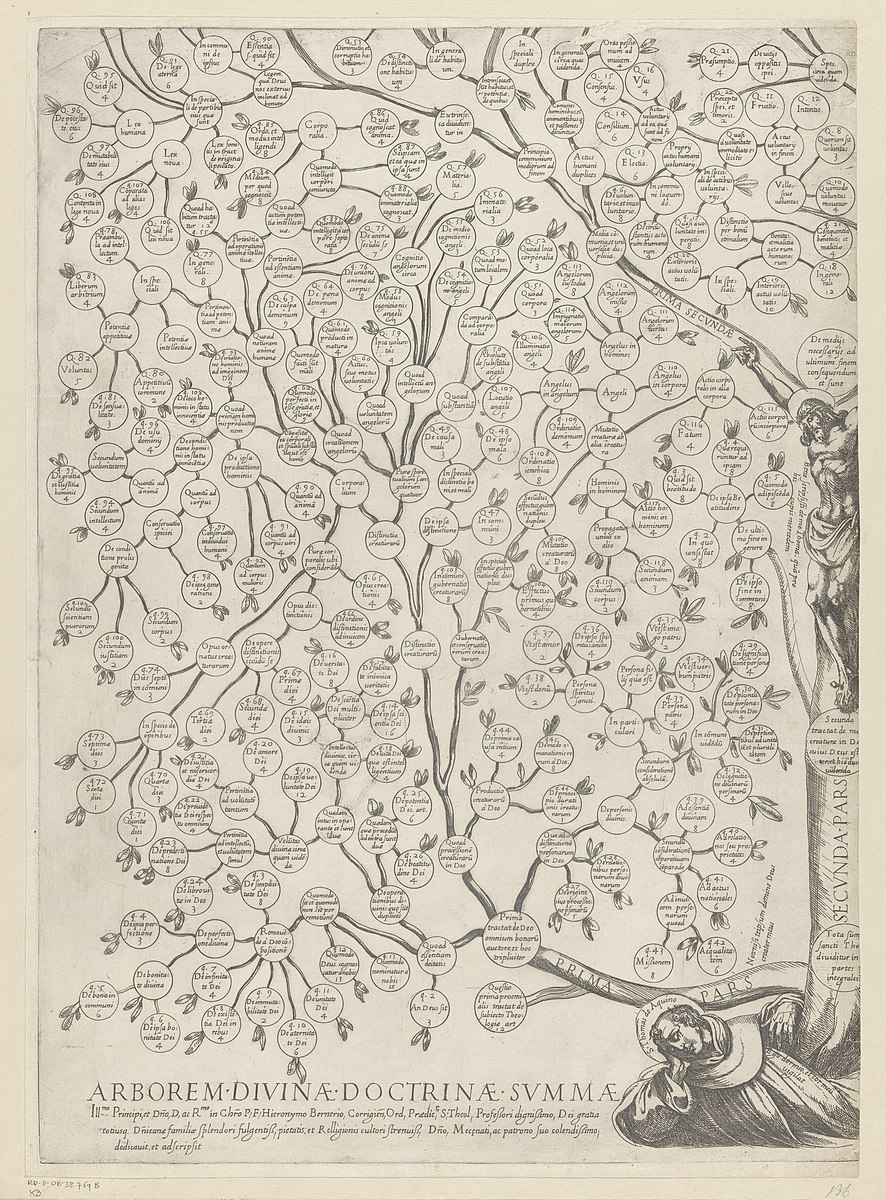
My teaching rotation has me spending the next 2 days in the Narrative of the Life of Frederick Douglass, an American Slave (by Himself!) w/our juniors. (If I'm on Twitter at all during this heavy teaching phase of the week, tweets'll skew in that direction. A rich text!)
My notes tell me the the first session I taught on this book in @TorreyHonors was in Feb 2000. Those students are now in their 40s. 

Our program has very gradually built on that Douglass reading, and we now cover four texts from the African American tradition. I describe briefly how the 4 texts fit with each other & with our broader project here: scriptoriumdaily.com/four-great-afr…
I'll be teaching Douglass a little bit differently this year, knowing that students will be reading Hansberry & MLK soon (DuBois comes elsewhere in the curriculum, not in this term). Recall that teaching, for us, means Socratically guiding inquiry rather than lecturing.
My own big discovery on this re-reading of Douglass' Narrative is that he is funny. It's an obviously earnest text, very heavy at times, and I think that has blocked me from noticing his complex humor. (Reading alongside Hansberry may also highlight this.)
• • •
Missing some Tweet in this thread? You can try to
force a refresh







